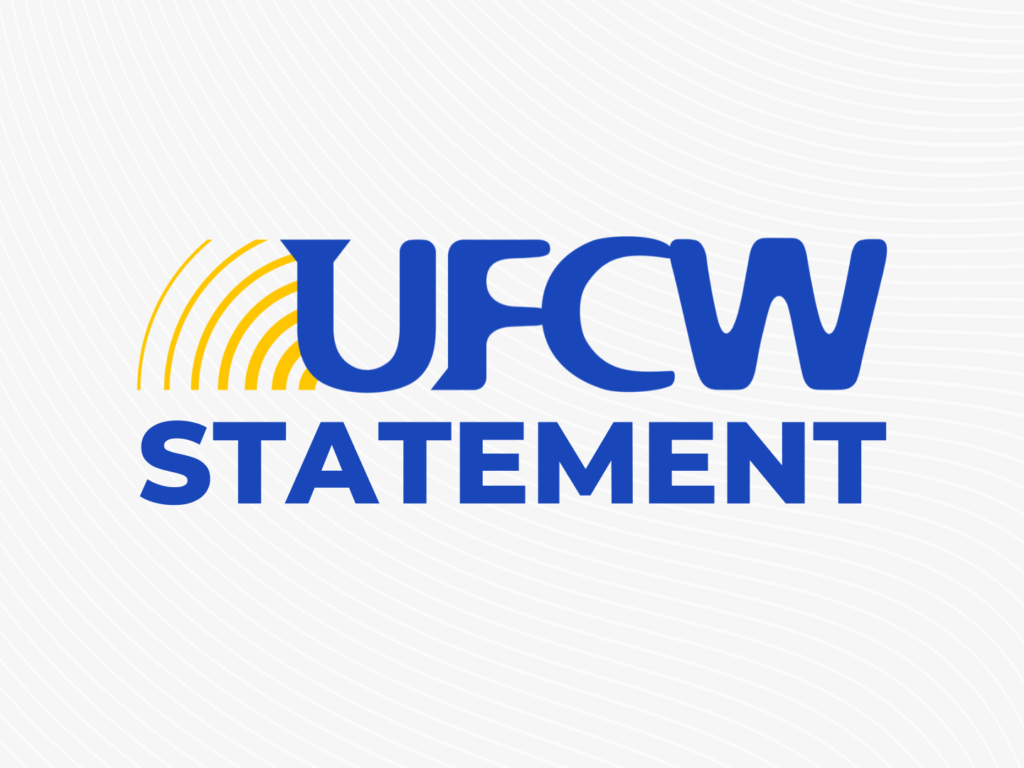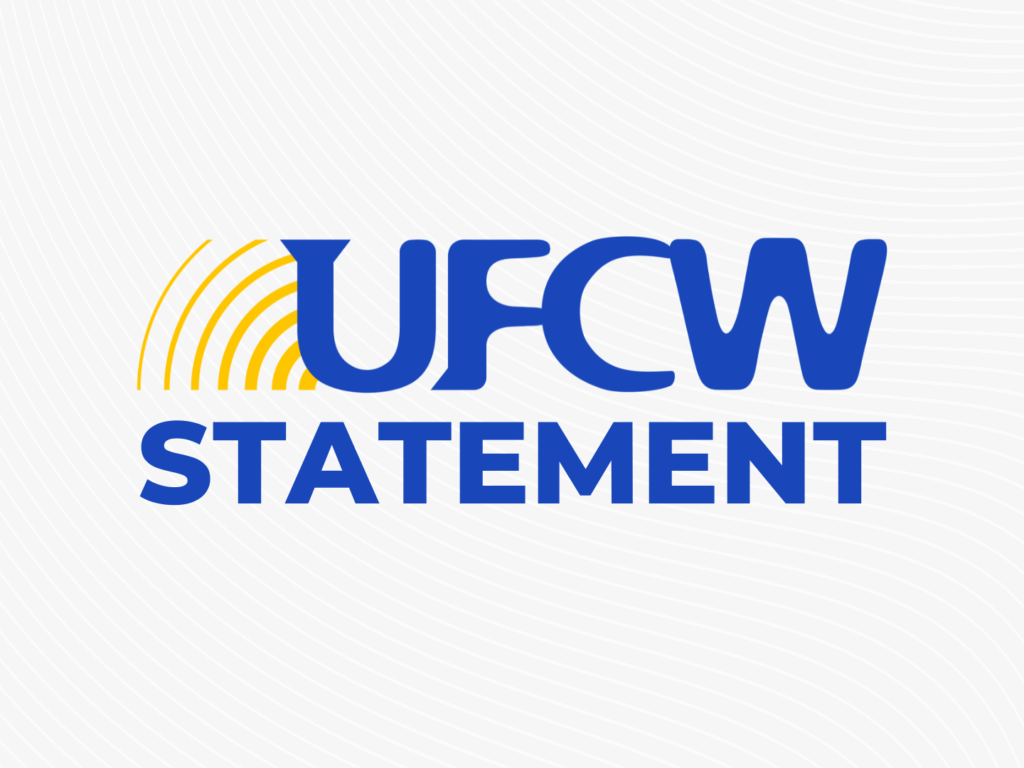On Jan. 13, the UFCW released a statement in support of legislation, signed into law by New Jersey Governor Phil Murphy, that establishes new labor protections for cannabis cultivation workers in New Jersey. UFCW Locals 152 and 360 played a key role in advancing this legislation.

This legislation ensures that all cannabis workers in New Jersey, including cannabis cultivation workers, are afforded similar protections to those provided by the federal National Labor Relations Act. This legislation strengthens labor rights by empowering state authorities to enforce unfair labor practice charges in cannabis cultivation and impose clear penalties for employer violations, and provides greater clarity for both employers and employees by setting standards regarding labor rights, working conditions, and accountability as the state’s marijuana market matures.
As cannabis cultivation workers sought to organize with the UFCW in the growing cannabis market, UFCW Locals 152 and 360 engaged policymakers and advocated for workers who were the victims of unintended loopholes in New Jersey’s cannabis laws, which helped to build the foundation of the bill that was signed into law this month.
“Today’s signing is a victory for all working people in New Jersey,” said UFCW Local 152 President Daniel Ross Jr. “Cannabis cultivation workers were building a new industry without labor protections many take for granted. UFCW Local 152 made it clear to lawmakers that fairness should not be avoided, and Governor Murphy’s signature ensures these workers now have the rights, dignity, and legal clarity they deserve.”
“This law should be viewed as a significant step forward for other groups of workers in New Jersey who are not fully protected under federal labor laws. It is my hope that this legislation serves as a springboard for further conversations about addressing gaps in worker protections that still exist in our state.”
“Cultivation workers are the backbone of the cannabis industry here in New Jersey and across the country,” said UFCW Local 360 President Sam Ferraino. “We applaud Governor Murphy and New Jersey lawmakers for ensuring that they have the labor protections they need to organize and build solid, family-sustaining jobs. Having strong union workers means stronger industries and stronger communities.”
“At every level of this industry, from seed to sale, UFCW Local 360 stands ready to work together to build long-term success for the cannabis industry and its workforce.”
“Workers in the cannabis industry have long faced unique obstacles to protecting themselves against unfair labor practices and securing the right to organize and collectively bargain,” said UFCW International Vice President and Director of UFCW’s Legislative and Political Action Department Ademola Oyefeso. “As America’s cannabis union, we applaud UFCW Locals 152 and 360 for their crucial work in securing greater protections for this growing workforce in New Jersey, particularly for workers in cannabis cultivation. As the cannabis industry expands and evolves, it is vital that the workers who power it have the same legal safeguards as workers across all industries. We thank Governor Murphy and the New Jersey legislature for protecting workers across the cannabis industry. We hope to see other states follow their leadership.”
Additional information about this legislation is available here.

